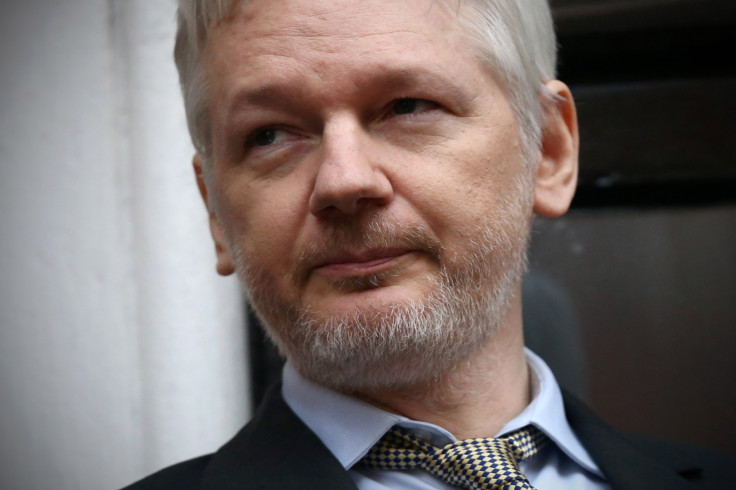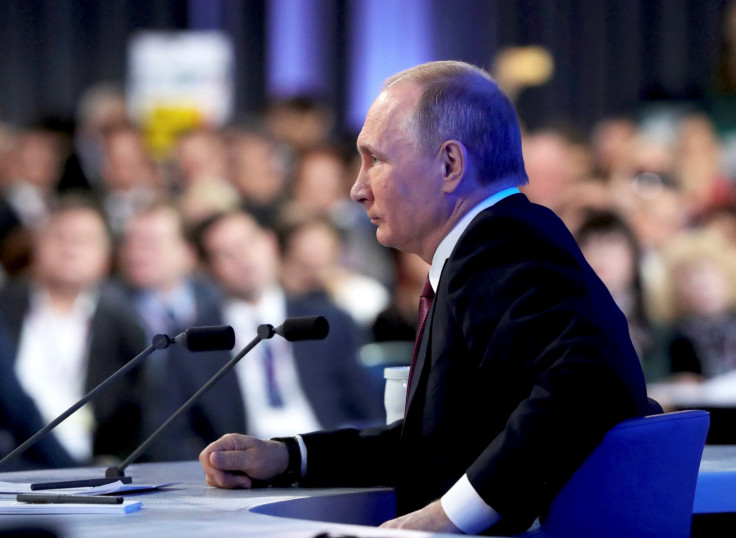Assange calls US intel report into Russian election hacking 'intellectually bankrupt'
He attacked report for containing "no evidence" to tie him to documents stolen from Democrats.

On 9 December, WikiLeaks founder Julian Assange attacked the declassified version of a report by America's top intelligence agencies on Russian hacking, calling it "embarrassing" and "designed for political effect" – and one that amounts to no more than a "press release."
From inside London's Ecuadorian embassy – where he has sought asylum for the past five years – Assange gave a live-streamed press conference responding to the report published on 6 January.
He pointedly criticised the report as "intellectually bankrupt" and that "no evidence is presented anywhere in the report." It failed to answer the "critical question," he said, of whether "Russian intelligence services or people under their direction hacked the Democratic Party with the intent of favouring Donald Trump."
The report lays out that Russian President Vladimir Putin "aspired to help President-elect Trump" win the 2016 election, adding that the "CIA and FBI have high confidence in this judgment." The plan was undertaken through combined efforts by Russian Government agencies, state-funded media, third-party intermediaries, and paid social media users or "trolls," it said.
The report has few technical details, but presents a chronology of instances where Russia state-funded media outlet RT's Editor-in-Chief Margarita Simonyan said her nation was engaged in "information warfare" against the US. It builds up a profile of intent, showing close ties between Simonyan and top Russian state officials and highlights the professional relationship Assange has maintained with RT. The report makes many assertions that its claims are backed up by more technical, classified intelligence.

Among the claims are that US intelligence agencies had uncovered that Russian intelligence agencies broke into the Democratic National Committee's (DNC) computer network as early as 2015. But "there seems to be a great fog in the connection to Wikileaks," Assange said.
The report, however, stated its assessment of intelligence that the agencies collected gave them "high confidence" that Russia's foreign intelligence branch, the Main Intelligence Agency (GRU), "relayed material it acquired from the DNC and senior Democratic officials to WikiLeaks."
Technical evidence for this is not found in the report. But after being briefed on the document's classified contents, President-elect Donald Trump's White House chief of staff said the Republican "accepts the fact that this particular case was entities in Russia." Top Democratic Senator Nancy Pelosi called the classified revelations "stunning" after receiving a briefing on them 6 January.
"There was a clear political intent to conflate our publications and the alleged hacks," said Assange, adding his source was "not a state party."
When asked by one livestream viewer whether his source could have been an intermediary between the Russian state and Wikileaks, Assange said: "We can't play 20 questions with our sources, narrowing down the ambit of who they are, where they are."
© Copyright IBTimes 2025. All rights reserved.






















